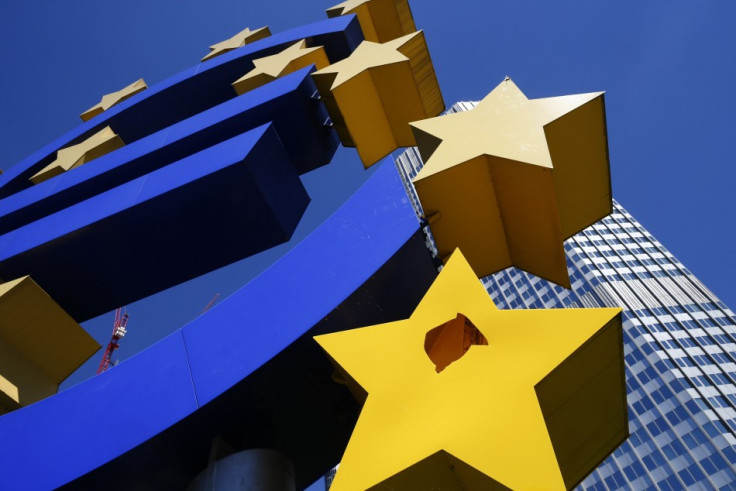Has Eurozone Finally Turned the Corner? Business Activity Expands For First Time in 18 Months

Overall business activity in the Eurozone expanded in July for the first time in 18 months, indicating a stabilisation in the single-currency region's economy.
The Markit Eurozone Composite Purchasing Managers' Index (PMI) rose to 50.5 in July from 48.7 in June. This is the first time since January 2012 the index has shown a reading above the neutral 50.0 mark.
In the manufacturing sector, production rose at the fastest pace since June 2011, as it registered output growth for the first time in 17 months.
Meanwhile, the rate of contraction in services business activity was negligible and the weakest during the current one-and-a-half year downturn in the sector. The Services Business Activity Index rose to 49.8 in July from 48.3 in June.
In addition, new business and employment across the combined Eurozone manufacturing and services sector saw slower declines in July.
"The final Output Index reading of 50.5 confirms a welcome return to growth for the Eurozone economy at the start of the third quarter, raising hopes that the region can finally claw its way out of its longest-running recession," Rob Dobson, Senior Economist at Markit said in a statement.
"Granted, the euro area has experienced false dawns before, but the improvements in confidence and other forward-looking indicators warrant at least some optimism for the outlook this time around."
Major Economies
Germany posted an expansion in business activity in July, with output growth accelerating to a five-month high. Meanwhile the downturns in France, Italy and Spain all eased.
The Final Germany Composite Output Index rose to 52.1 in July from 50.4 in June, as services sector expanded further to 51.3 from 50.4.
"Germany's economy has started the third quarter on a positive footing, driven by stronger growth in both manufacturing and services. A rebound in new business intakes helped support private sector job creation during July," said Tim Moore, senior economist at Markit.
Meanwhile in France, business activity rose to a 17-month high with the composite index rising to 49.1 from 47.4.
The slower fall "partly came at the cost of substantial price discounting, with average tariffs posting another sharp decline," according to Markit.
Italy's headline business activity index climbed sharply to a 26-month high of 48.7 in July, from 45.8 in June. Activity in Spain moved closer to stabilisation in July, posting 48.5 from 47.8 in June.
Economic Growth
The single-currency region fell into recession in 2011 on the back of big fiscal deficits, budget cuts and falling business confidence in member countries as well as the threat of a Eurozone break up.
The region's unemployment rate subsequently rocketed to record highs with Greece reaching a nationwide unemployment rate of 25%.
However, a raft of recent signs suggest the economy is coming out of its longest recession since the single currency region was formed.
According to official data from Eurostat, the statistical office of the European Union (EU), the number of unemployed people in the 17-nation region decreased by 24,000 in June to 19.3 million. This is the first improvement in the labour market, which "remains the main bugbear of the Eurozone", since April 2011.
In addition, economic morale has improved after the European Central Bank (ECB) pledged support to the eurozone.
"With price pressures also relatively contained, the ECB will maintain its confidence that there are brighter skies on the horizon," Dobson added.
© Copyright IBTimes 2025. All rights reserved.






















